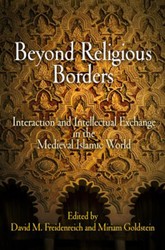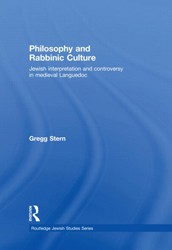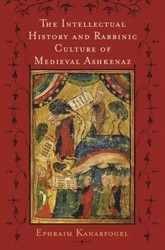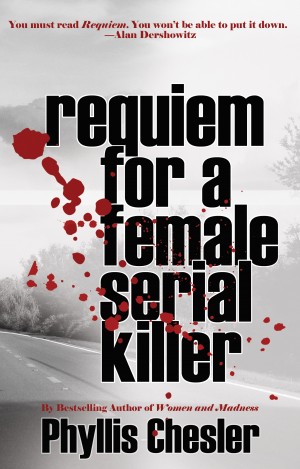Contemporary Jews do not generally view their ancestors as criminals. Jewish memory, shaped by images of Eastern European shtetls and the wounds of the Holocaust, conjures a past filled with meek Jews surviving vile accusations, crusaders, and expulsions. However, reality is always messier than myth, and the most engaging historical work demonstrates that the past was as vibrant and complicated as the present, filled with much the same pragmatism, viciousness, and desperation.
Ephraim Shoham-Steiner’s Jews and Crime in Medieval Europe breaks ground in an area long overlooked by most scholars and certainly the general populace. Using a range of sources, but rabbinic responsa (case law) in particular, Shoham-Steiner has produced an eminent introduction to the subject. He focuses largely on Jewish involvement in theft, murder, and prostitution in Ashkenazic communities between the eleventh and thirteenth centuries. Lucidly, he explores general trends, delves into specific cases, and contextualizes Jewish criminal activity within medieval Christendom.
Although Shoham-Steiner posits that Jews engaged in crime at a disproportionately lower level than their Christian neighbors, he eradicates any notion that the Jewish minority had neither the wherewithal nor the inclination to engage in illicit activities. Jews peddled goods stolen by Christians, cheated their coreligionists, and even burgled communal synagogues. They also murdered, brawled, and hired non-Jewish thugs to mete out physical violence, the latter of which led to both deliberate and inadvertent killing. More broadly, women had little recourse against abusive, recalcitrant, or mentally unstable husbands, leading to tragic situations resulting in domestic violence, destitution, and ultimately prostitution.
Shoham-Steiner is not merely interested in cataloging the underbelly of medieval Jewish life. He also delves into the mentality surrounding crime, condemnation, and punishment, questioning the place of criminals and lawbreaking in Ashkenazic society. The sources he cites attest to concerns about spiritual welfare and preserving communal norms after a given crime. For instance, communities were apprehensive about how to react to various types of thievery or violence. In cases of murder, rabbinic authorities, lacking the authority to jail or execute, sought to instill punishments sufficiently harsh — wandering the countryside, shackled and disheveled, frequently fasting — that the perpetrators would suffer, repent, and deter others from behaving violently.
Expanding on his first book, On the Margins of a Minority: Leprosy, Madness, and Disability Among the Jews of Medieval Europe, Shoham-Steiner provides insight into aspects of medieval Europe not often discussed. In exploring the internal causes of and responses to Jewish criminality, he sheds light on Jews who were neither marginal nor exceptional, but who in fact participated in endeavors ubiquitous to all cultures. In doing so, Jews and Crime deepens our understanding of Jewish family life, economic activity, religious sentiment, and relations with Christian neighbors. Shoham-Steiner has also provided a service to those with a general interest in Jewish law. Although scholars have been aware of and used many of the responsa featured herein, this is the first time in English they have been mined for their criminal components. The book’s appendix, with translations of eleven such texts, are especially helpful in making the content discussed accessible for further study and teaching.
David Sclar studies Jewish history and culture in the early modern period. He earned his doctorate at the Graduate Center of the City University of New York, and has held fellowships at Harvard University, Princeton University, the University of Oxford, the University of Toronto, New York University, and the Center for Jewish History. He worked for several years in the Special Collections of the Library of the Jewish Theological Seminary, and presently teaches history at the Frisch School.





